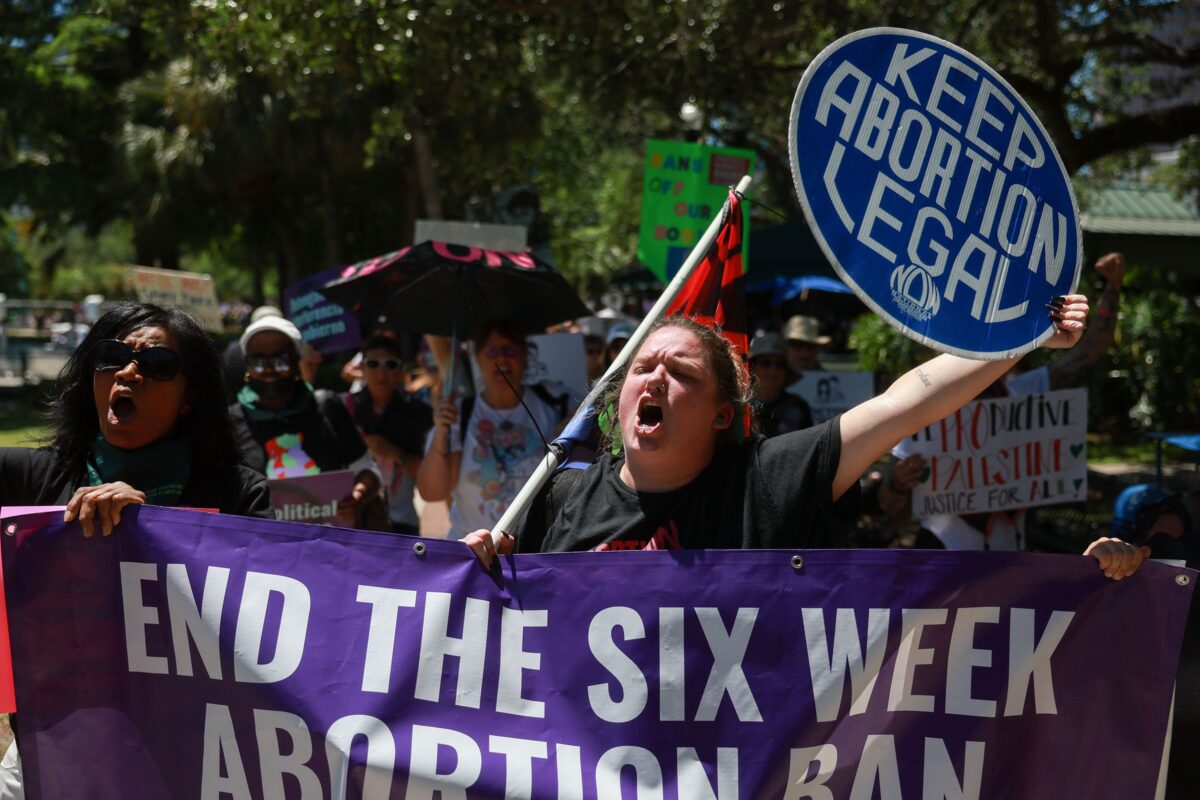Source: Centre for Reproductive Right
In recent years, the issue of abortion rights has been at the forefront of political, social, and ethical debates worldwide. From legislative battles to grassroots activism, the topic evokes passionate responses from both proponents and opponents. Understanding the nuanced perspectives and legal frameworks surrounding abortion is crucial for navigating this complex landscape.
Historical Context:
The history of abortion rights is deeply intertwined with societal attitudes towards women’s autonomy and reproductive health. In many regions, abortion was historically prohibited or heavily restricted, often with severe consequences for those seeking or providing it. The legalization of abortion in various countries has been a hard-fought battle, driven by advocacy efforts and shifting cultural norms.

Photo Credits: Human Rights Watch
Legal Frameworks:
Ethical Considerations:
The ethical debate surrounding abortion is multifaceted and deeply personal. Proponents of abortion rights argue for women’s bodily autonomy and the right to make decisions about their own bodies without interference from the state or religious institutions. They also emphasize the importance of access to safe and legal abortion services in protecting women’s health and well-being.
On the other hand, opponents of abortion often frame the issue in terms of the rights of the unborn fetus, viewing abortion as morally equivalent to taking a human life. Religious beliefs, cultural values, and philosophical arguments all play a role in shaping individuals’ perspectives on the ethics of abortion.
Public Health Implications:
Access to safe and legal abortion services is a critical public health issue. Restrictions on abortion can lead to an increase in unsafe procedures, endangering the lives and health of women. Conversely, ensuring access to comprehensive reproductive healthcare, including abortion services, has been shown to reduce maternal mortality rates and improve overall health outcomes for women and families.
Social and Economic Impact:
The availability of abortion services can have significant social and economic implications. For many women, access to abortion is essential for pursuing education, career opportunities, and financial stability. Restrictions on abortion disproportionately affect marginalized communities, exacerbating existing disparities in healthcare access and socioeconomic status.
The Role of Advocacy:
Advocacy organizations play a crucial role in advancing abortion rights and promoting reproductive justice. Through grassroots organizing, lobbying efforts, and legal advocacy, these groups work to challenge restrictive laws, expand access to abortion services, and combat stigma surrounding reproductive choice.
The Future of Abortion Rights:
The future of abortion rights remains uncertain, with ongoing battles over legislation, judicial appointments, and public opinion. As the political landscape continues to evolve, it is essential to center the voices and experiences of those most affected by abortion policies, including women, transgender and non-binary individuals, and marginalized communities.
Source: The Hill
In conclusion, the issue of abortion rights is complex and multifaceted, encompassing legal, ethical, public health, and social dimensions. While progress has been made in advancing reproductive rights in many parts of the world, the fight for abortion access is far from over. Continued advocacy, education, and dialogue will be essential in shaping a future where every individual has the autonomy to make decisions about their own bodies and futures.



